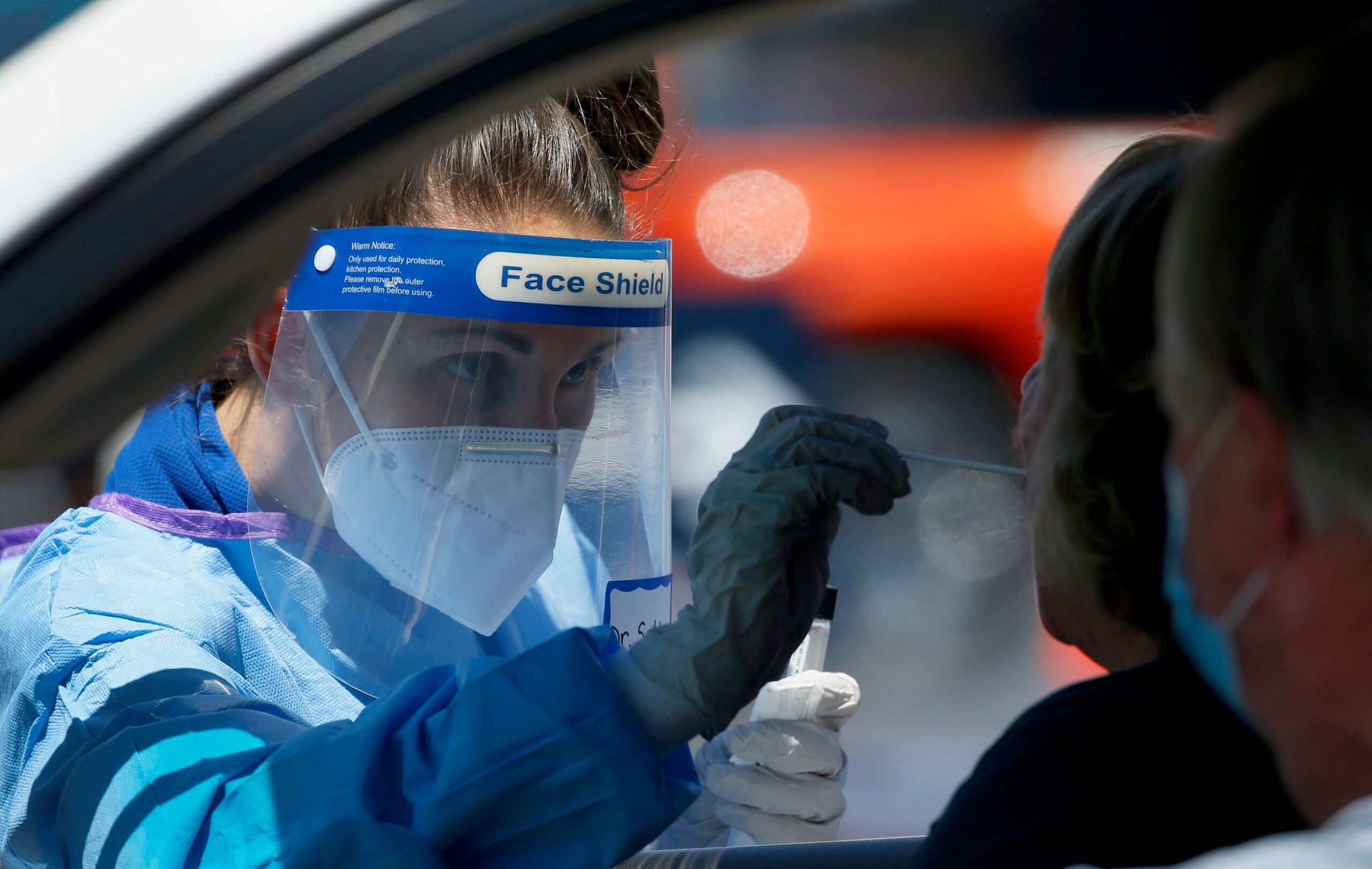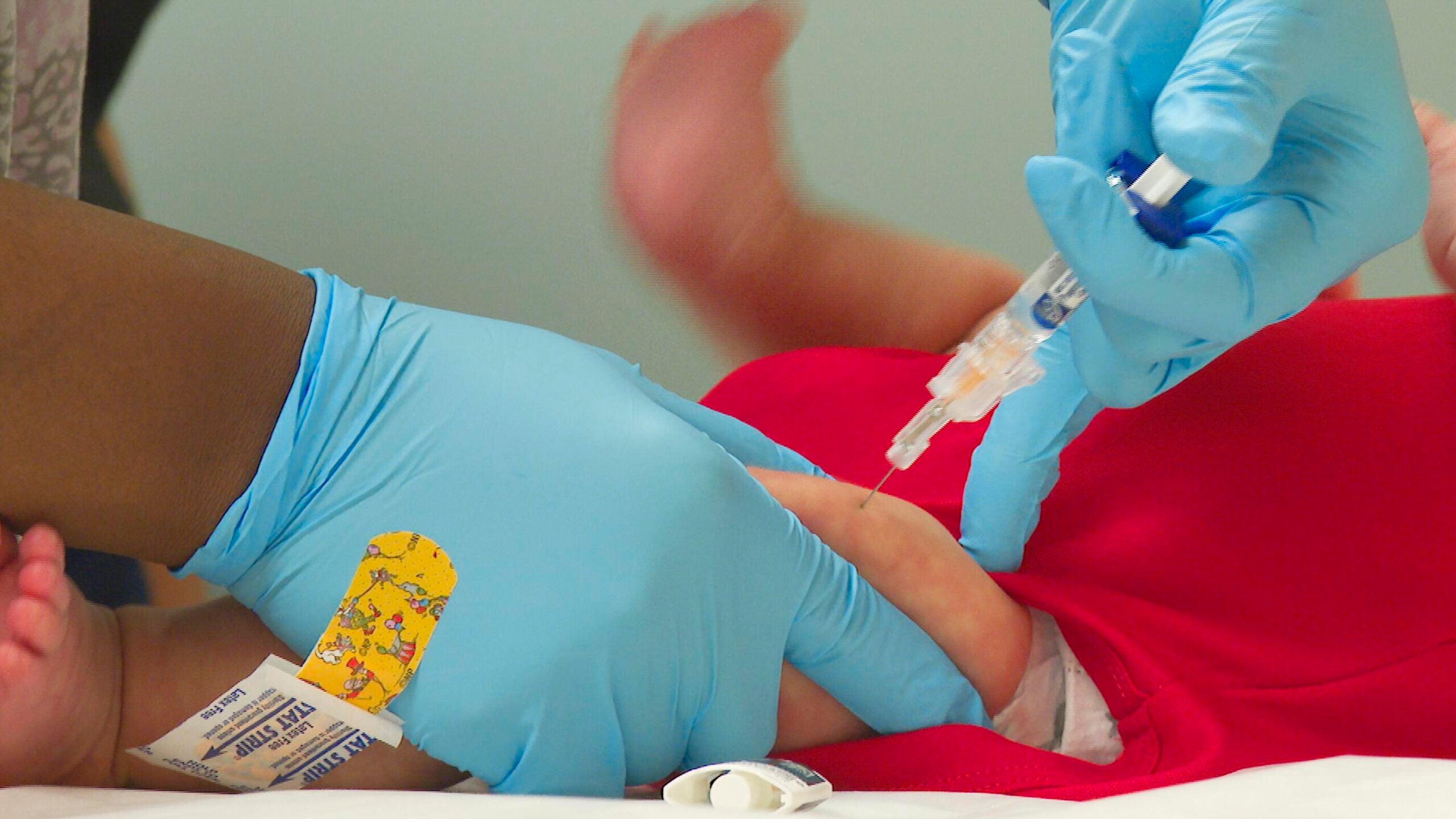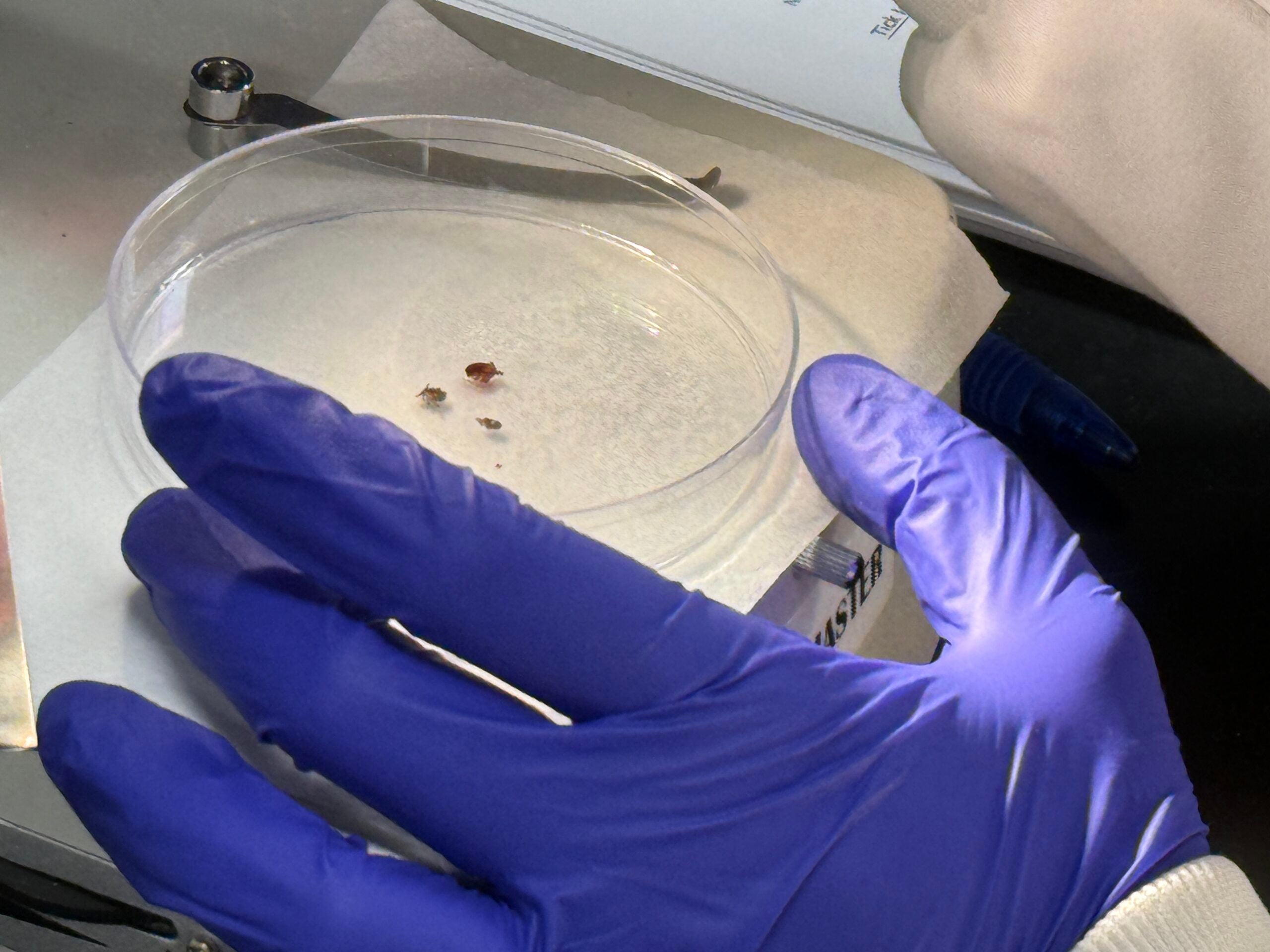A yearlong research study in central Wisconsin will track the spread of COVID-19 in rural populations. Scientists say they hope the data they collect will help to predict future virus outbreaks and target vaccination efforts.
The Marshfield Clinic Research Institute will follow a cross-section of 1,500 people in the Marshfield area beginning in November. Participants will take weekly COVID-19 tests and answer survey questions. They’ll seek a cross-section of residents, including all age groups.
News with a little more humanity
WPR’s “Wisconsin Today” newsletter keeps you connected to the state you love without feeling overwhelmed. No paywall. No agenda. No corporate filter.
The weekly tests will uncover the number of people in the population whose infection is asymptomatic, said Huong McLean, an epidemiologist with the Research Institute who will help lead the study. That’s significant because many people who carry the virus without experiencing symptoms would not otherwise get tested.
And maintaining the study for a year will help determine if infections are prone to increase at certain times of the year. That can help public health officials design prevention efforts that will still be necessary even after a vaccine is developed.
The Marshfield Clinic Research Institute’s Center for Clinical Epidemiology and Population Health received a $4 million grant from the federal Centers for Disease Control and Prevention to administer the study. In a statement, Dr. Ed Belongia of the Marshfield center said he is “happy to see that the CDC recognized the importance of studying COVID-19 epidemiology in a rural community.”
Because rural populations are older, on average, than those in urban centers, McLean said the Marshfield cohort may see more serious effects from the disease than participants of similar studies conducted in urban areas. The main purpose of the study, she said, is to gather data of all sorts about the new disease.
“We’re hoping with this study that we’ll know, specifically about rural communities, how many and how quickly people get infected, how they get infected and what types of illness they have,” McLean said.
The tests will also allow scientists to know whether some people carry more virus than others, and to track determining factors. The tests will gather information about the virus itself, as well. Through the weekly tests, they’ll conduct genome sequencing that will allow them to track when the virus mutates.
The Marshfield Clinic Research Institute is also a testing center for an array of CDC coronavirus studies. In July, a different lab there announced that they received a $22.5 million grant to conduct testing for cohort studies from across the U.S.
Pressure on scientists to develop effective treatments and vaccines to guard against the pandemic disease is intense, and scientists around the world are engaged in efforts to gather information and test theories about the workings of the novel coronavirus. Hundreds of Wisconsin families are already part of a large-scale study underway from the National Institutes of Health. The UW Health University Hospital is a site for vaccine trials, though the trials were recently halted after a study participant in Great Britain became ill with a rare spinal cord disorder.
McLean said data from the rural study will help shape epidemiological models that predict how transmission of the disease works. The information will also help determine how much vaccine will be needed for the population, and could help shape how a vaccine is targeted when it does come out.
The announcement of the grant comes as Wisconsin is being ravaged by the disease. On Thursday, the state recorded 3,747 new cases, a record high. Hospitalizations are also at record highs, straining hospital capacities. More than 1,500 Wisconsinites have died from the disease.
Wisconsin Public Radio, © Copyright 2025, Board of Regents of the University of Wisconsin System and Wisconsin Educational Communications Board.






